60+ Years of
Impact in DC
UPO was born to be a catalyst for change, to help people lift themselves into the middle class. Our innovative work is driven by the needs of people with low incomes. We collaborate with them to achieve their self-defined goals and train them to advocate for themselves. Here are a few highlights:
1962
UPO was founded on December 10, 1962 as a nonprofit organization that would plan human services and be a catalyst for change.
1964
In 1964, with funding from the Ford Foundation, UPO created the Neighborhood Legal Services Program to provide free legal aid. This bold effort launched a national movement that expanded access to the civil justice system.
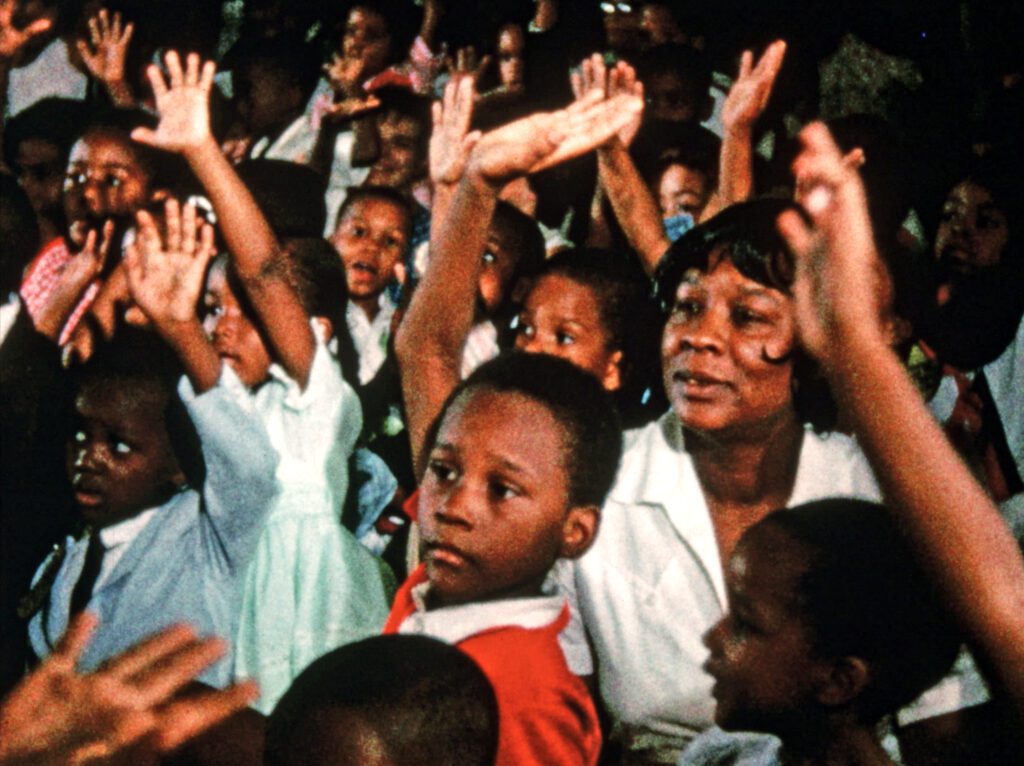
1965
In 1965, UPO ran a pilot program for Head Start. Now our Office of Early Learning is DC’s largest Early Head Start provider.
1966
From 1966-1975, UPO developed or rehabilitated homes for 1,375 families. Now, UPO’s Community Development Corp. is partnering with developers to deliver new affordable homes for people who earn under 50% of the area’s median income.
1968
After the 1968 riots, UPO addressed the huge food insecurity problem by creating a food bank that became the precursor to the Capital Area Food Bank.
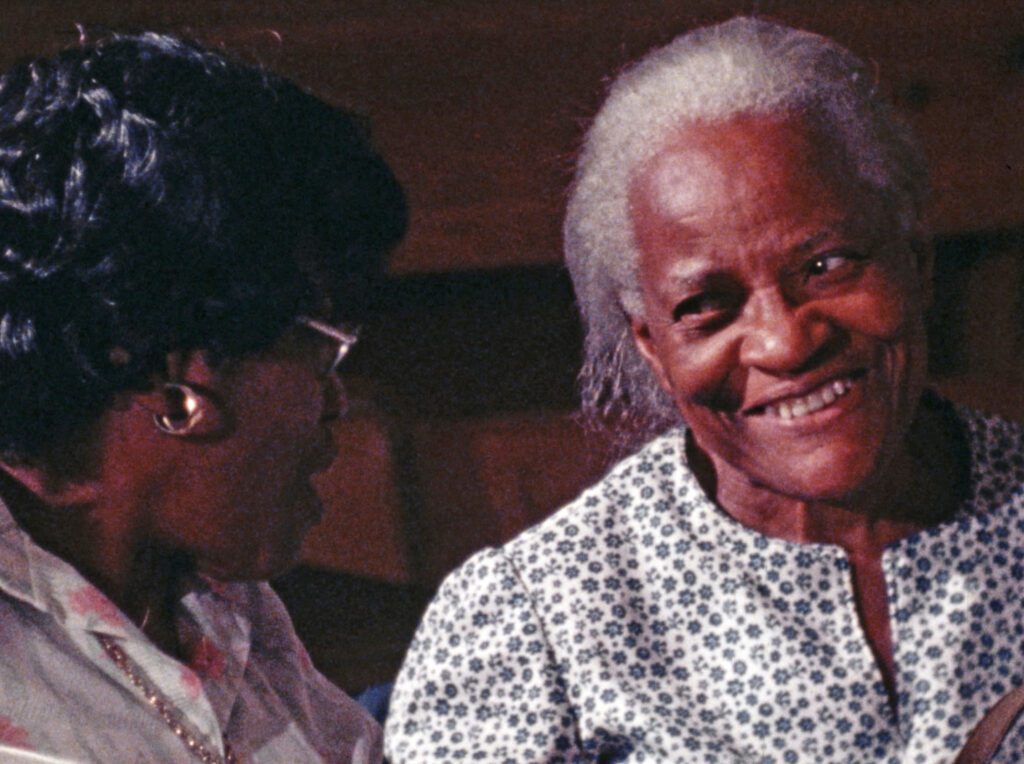
1972
In 1972, UPO opened the DC Chapter of “Foster Grandparents” (senior volunteers who mentor children). Their impact is renowned; in recent years, the White House asked for their advice about how to help other federal programs reach new audiences.
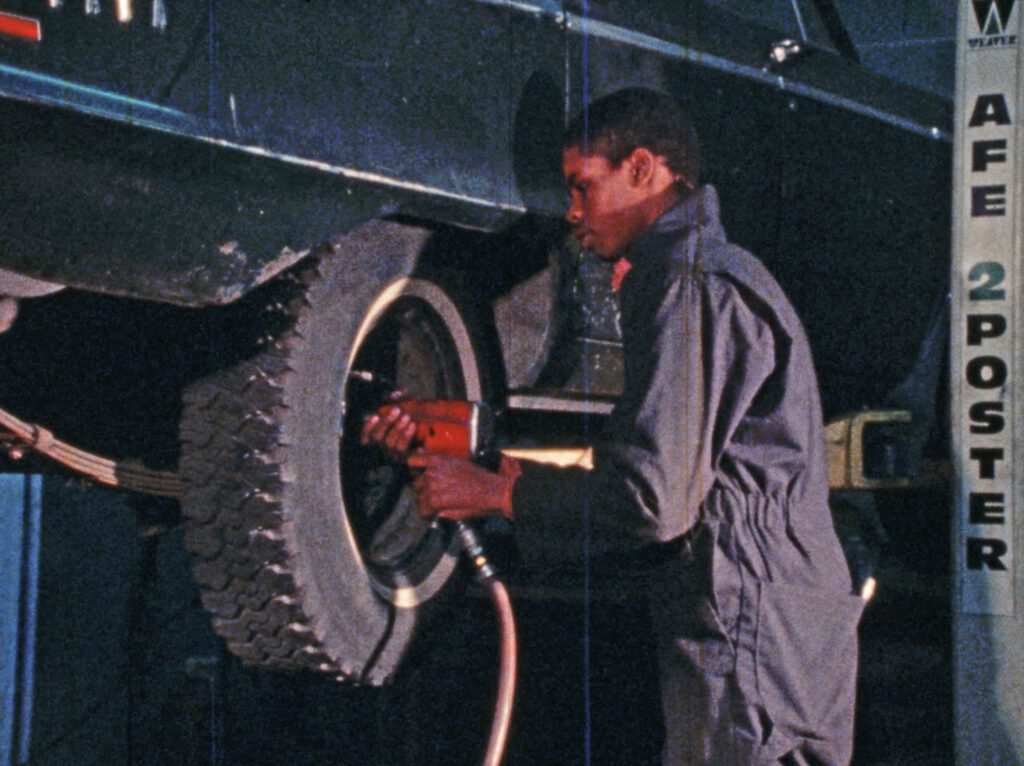
1973
UPO operated the DC government’s job training and placement programs until the 1973 creation of the Dept. of Employment Services. UPO has continued to develop new initiatives, from restaurants to banking to construction.
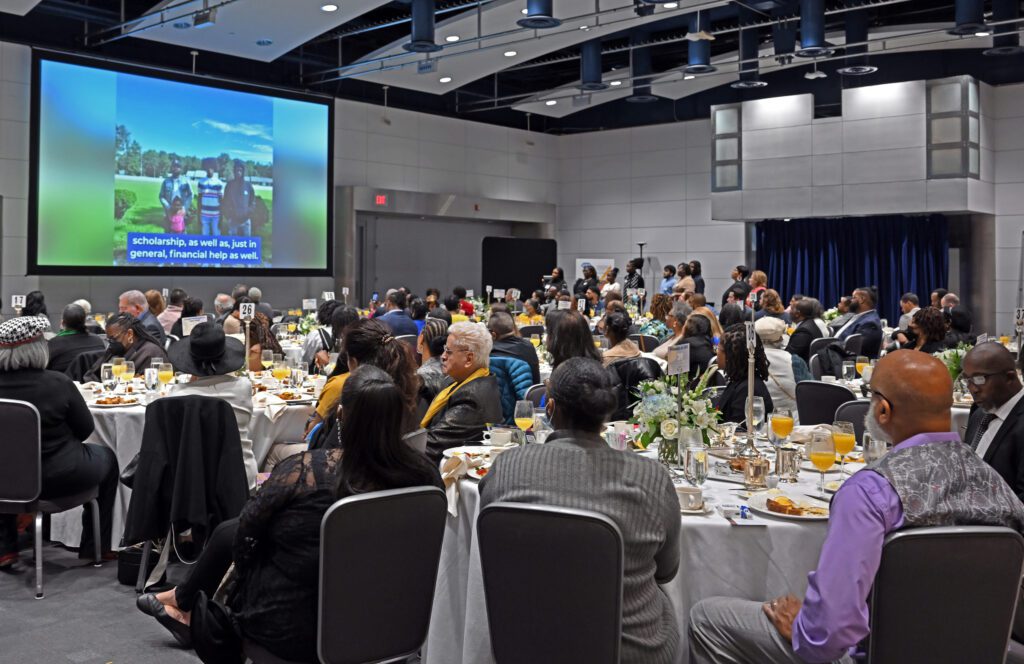
1985
In 1985, UPO held the 1st annual Martin Luther King, Jr. Memorial Breakfast to announce the first Joseph A. Beavers Scholarships. Each year, UPO gives scholarships to outstanding students from families with low incomes.
1990
In 1990, DC’s Dept. of Human Services asked UPO to operate a Shelter Hotline to respond to health emergencies for people experiencing homelessness. Now UPO responds to 84,000 calls/yr. and distributes 195,000 life-sustaining items.
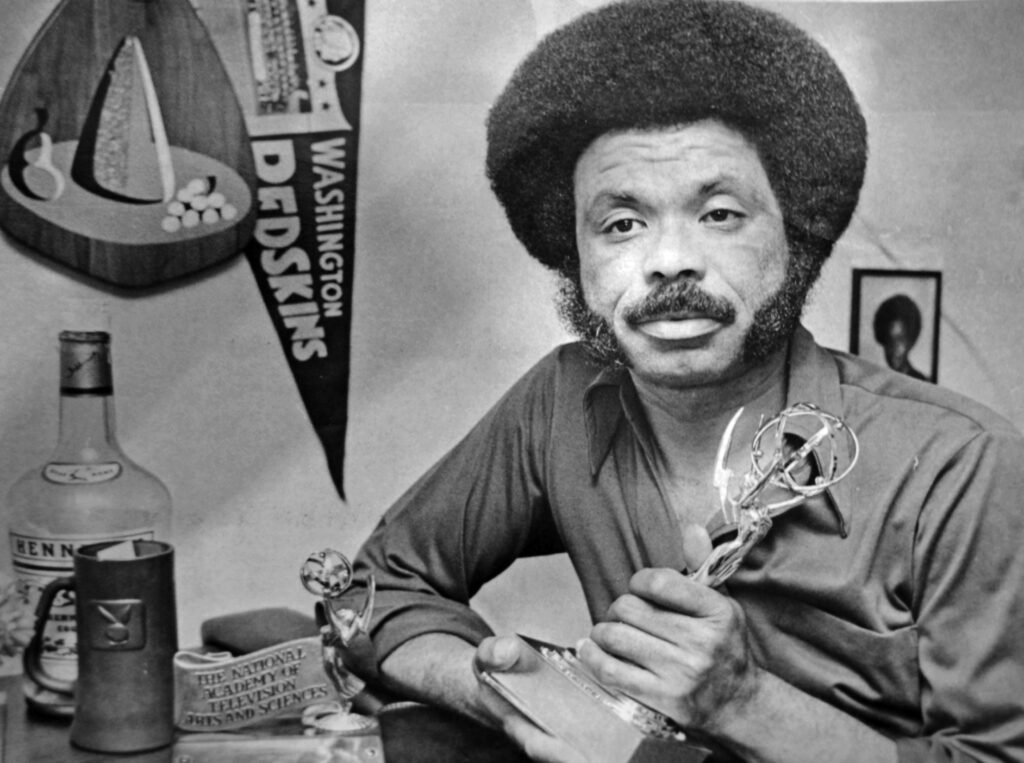
2000
In 2000, UPO opened the “Petey Greene” Community Service Center in memory of DC’s most famous radio and TV star, who was also a UPO community organizer.
2010
In 2010, UPO invented new programs (funded by the American Recovery and Reinvestment Act) to enable people to get degrees, job training, and jobs.
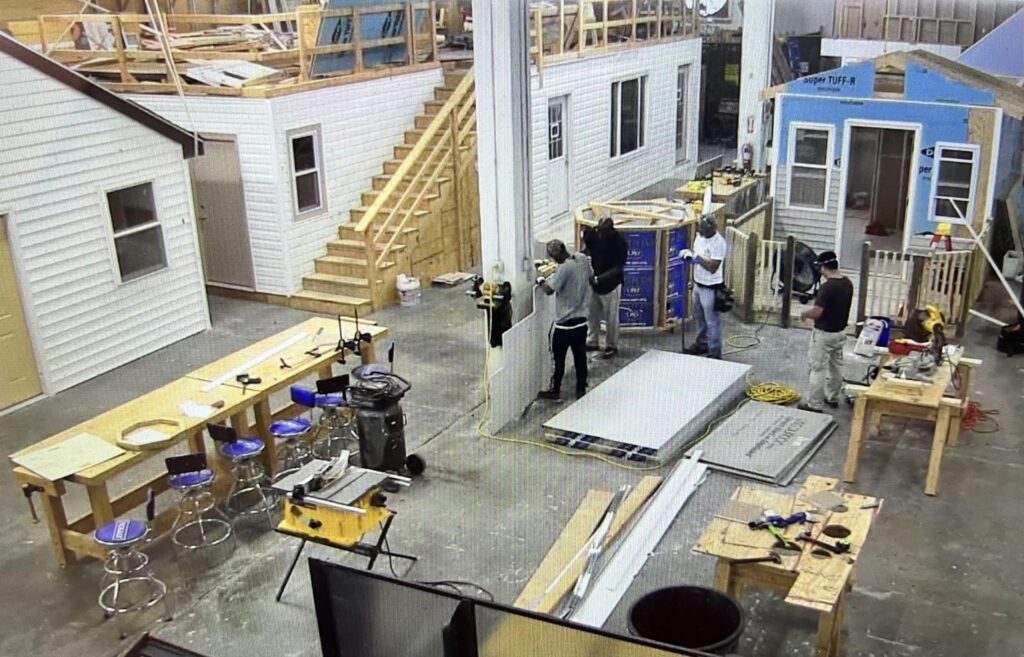
2011
In 2011, the success of a joint project with the DC Dept. of Human Services (which gave jobs and homes to people who were formerly homeless) led to the creation of UPO’s Building Careers Academy, the largest construction training center in DC.
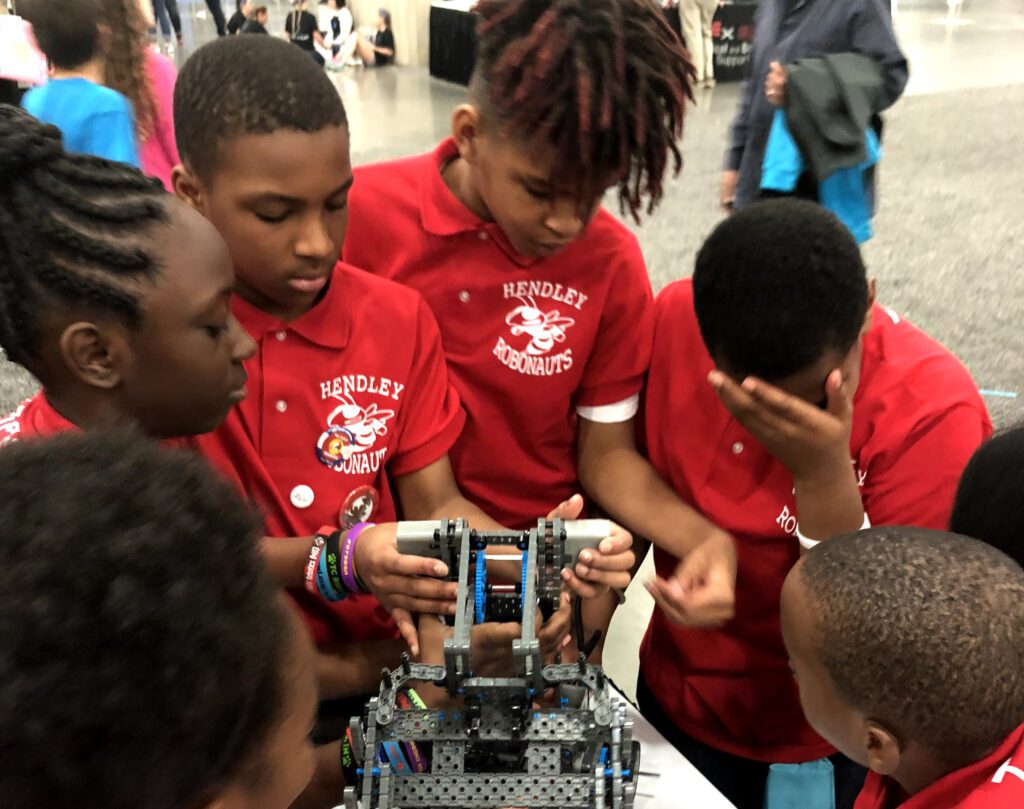
2018
In 2018, UPO’s Robotics Club in Ward 8’s Hendley Elementary became the State Champion in the DC Vex IQ Robotics League. At the VEX Robotics World Championships, ours was the only 100% African-American team among 400 competitors.
2020
From 2020-2022, UPO used CARES Act funds to address the vast economic insecurity caused by the pandemic. We trained people for jobs, saved them from eviction, taught their children, distributed food and laptops, and gave mental health referrals.
2022
In 2022, UPO opened the District’s first Financial Empowerment Center, funded by DC’s Dept. of Insurance, Securities, and Banking. Our counselors offer free, expert 1-on-1 counseling to all DC residents.
2022
Also in 2022, UPO created a Legislative Advocacy division to fight for systemic changes by amplifying the voices of our customers — which fits perfectly with our founding principles.
“Overcoming barriers. Changing lives. Delivering hope.”
Our practical and comprehensive approach helps people change the trajectory of their families for generations. We constantly look for (or create) best practices to help people lift themselves into the middle class.
